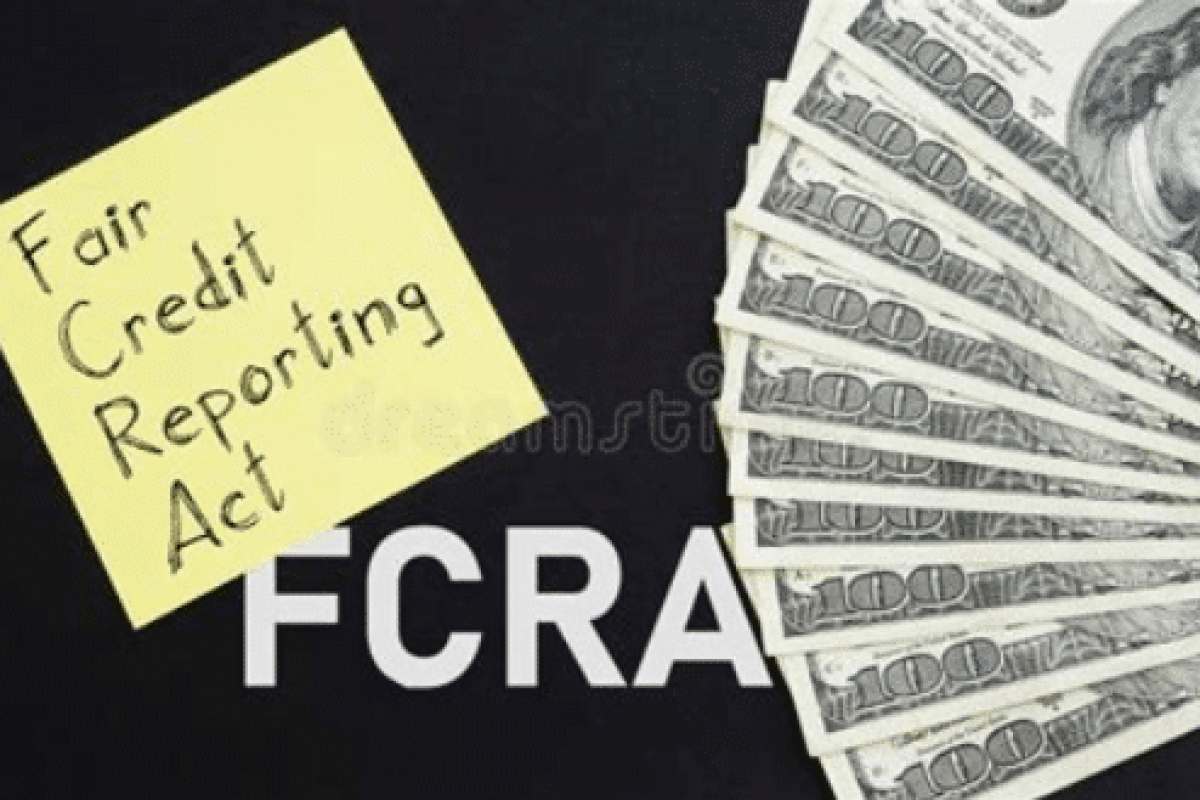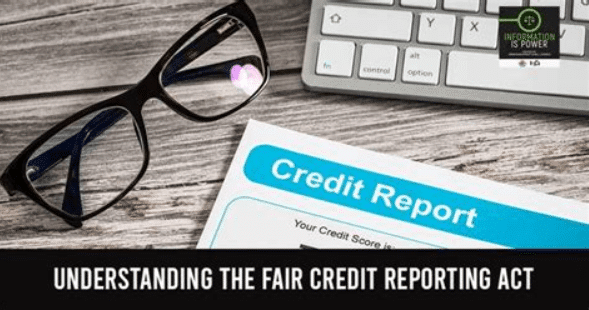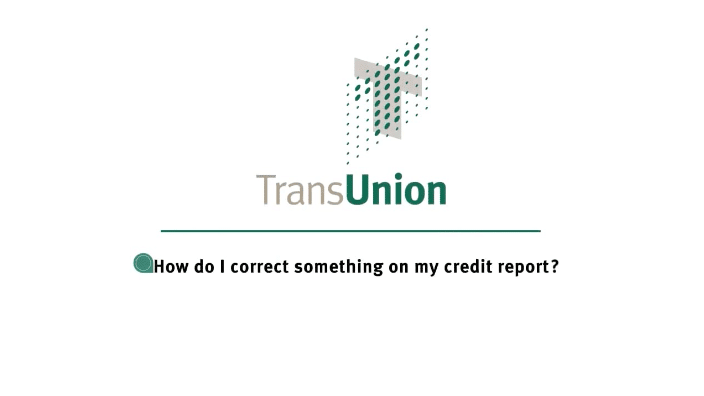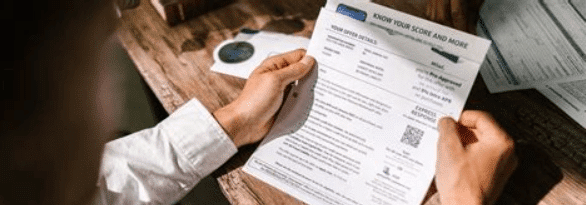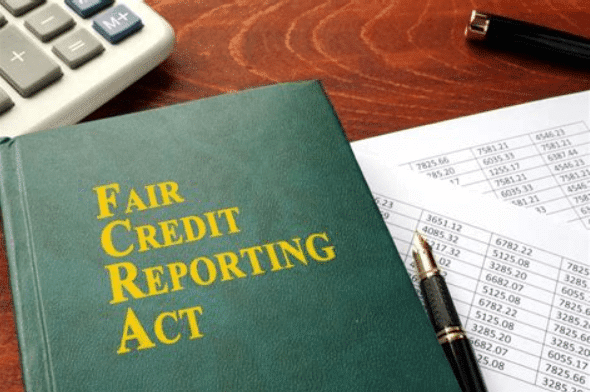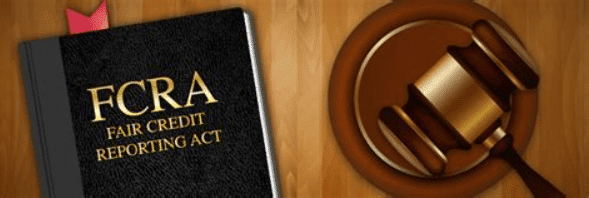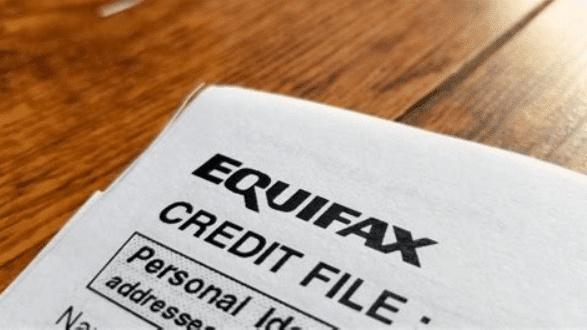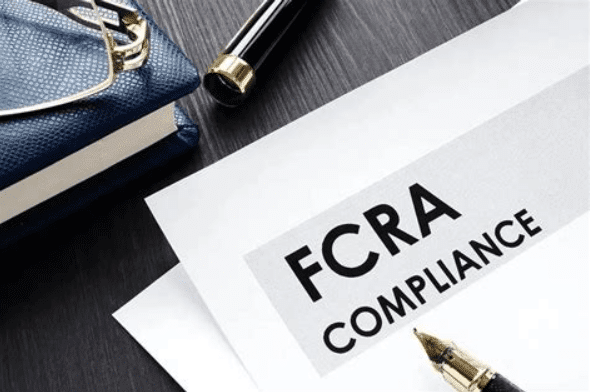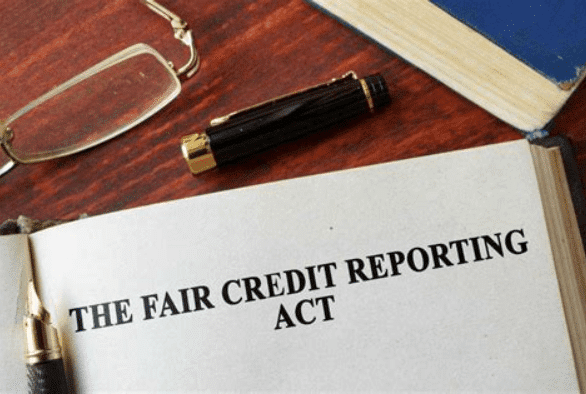The Fair Debt Collection Practices Act (FDCPA) is designed to safeguard consumers from abusive and harassing conduct by debt collectors. Initially enacted by Congress in 1977, the FDCPA has undergone several revisions aimed at enhancing consumer protections. This article, presented by ZumaZip.com, offers insight into common FDCPA violations perpetrated by debt collectors and outlines the procedure for reporting such infractions.
The FDCPA serves as a comprehensive legal framework governing interactions between debt collectors and consumers. Compliance with its stipulations is mandatory for all debt collection entities. Should a debt collector’s actions contravene any provisions outlined in the FDCPA, affected consumers retain the right to file a formal complaint, potentially resulting in compensatory measures.
Prompt reporting of FDCPA violations to the Federal Trade Commission (FTC) is imperative. This allows the FTC to conduct investigations and intervene to halt illicit practices by debt collectors. By reporting violations, individuals not only safeguard their own rights but also contribute to the protection of fellow consumers.
Facing a debt lawsuit? Settle your debt quickly with ZumaZip Settle’s help.
Look out for these common FDCPA violations
We’ve prepared an FDCPA violations list you should be aware of when communicating with a debt collector at any stage of the debt collection process.
A debt collector is in violation of the FDCPA if they:
- Call you before 8 a.m. or after 9 p.m.
- Call you at work when your employer prohibits such communication
- Tell your family or friends that you owe a debt
- Continue to contact you when you have explicitly asked them not to
- Take actions considered harassment or abuse under the FDCPA
- Claim they will sell your debt in order to coerce you to pay
- Cause your phone to ring repeatedly with the intent to annoy
- Fail to disclose that they are a debt collector
- Make false claims about who they are
- Threaten to seize your house or other property
- Threaten to take legal action that they cannot, or do not plan to, take
Below, we will break down each of these FDCPA violations in detail.Debt collectors cannot call you before 8 a.m. or after 9 p.m.
Under 15 U.S.C. § 805 (a)(1), debt collectors cannot call you at an unusual time. The law specifies that debt collectors must assume your appropriate contact hours are after 8 a.m. or before 9 p.m. in your time zone.
If your debt collector begins calling you at 7:30 a.m. or 10 p.m., you can file a complaint. An exception will apply if you’re currently traveling outside your usual time zone. The creditor wouldn’t have a way of knowing that.
Debt collectors cannot call you at work when your employer asks them not to
Your workplace expects you to spend your time doing your job, not resolving personal issues. However, some creditors will contact you at your place of employment if they discover where you work.
The FDCPA prohibits debt collectors from contacting you at work if you tell them your employer doesn’t want the calls. You can reference 15 U.S.C. § 805 (a)(3) in your complaint.
Debt collectors cannot tell your family or friends you owe a debt
Under 15 U.S.C. § 805 (b), debt collectors cannot tell other people you owe a debt, including your spouse, best friend, or child. The only exceptions to this rule are your attorney (if you have one) or a credit reporting agency. They can also communicate the facts of your debt to their own attorneys.
Thus, if your teenager tells you that ABC Bank called and said you owed them money, you have the right to complain to the FTC.
Debt collectors cannot continue to contact you when you ask them not to
You have the right to ask a debt collector to stop calling you and sending you letters or emails. If you ask for no contact, you must do so via a written note, per 15 U.S.C. § 805 (c).
Your debt collector must comply with your request. However, they can reinitiate contact if they intend to take further actions against you, like filing a legal Complaint.
Debt collectors cannot take actions considered harassment or abuse under the FDCPA
Debt collectors cannot take actions that are abusive or harassing against consumers. Under 15 U.S.C. § 806, these activities are illegal:
- Threatening to use violence or other criminal means to harm you, your reputation, or your property
- Using obscene or foul language when communicating with you
- Publishing a list of your outstanding debts where the general public can read it
- Advertising the sale of your debt to get you to pay it
- Repeatedly calling you throughout the day to harass you or other people at your location
- Calling you and failing to identify who they are properly
All these actions are on the FDCPA violations list, and you’ll need to report them.
Let’s consider an example.
Example: Jane owes her credit card company, Free for All Finance, $500. She stopped making payments when she lost her job. Free for All Finance decides to harass Jane until she pays up. Since the company is a little crazy, it asks all its collectors to call Jane and scream obscenities at her at least once daily. After the third call from Free for All Finance, Jane files a complaint with the FTC. The FTC conducts an investigation, then fines Free for All Finance $1,000 for each time it called Jane.
Debt collectors cannot advertise to sell your debt in order to coerce you to pay it
15 U.S.C. § 806(4) states that debt collectors are prohibited from threatening to sell your debt to another debt collection agency or organization in order to pressure you into paying it off to them.
Debt collectors cannot cause your phone to ring repeatedly with the intent to annoy
According to 15 U.S.C. § 806(5), it is considered harassment for a debt collector to call your phone repeatedly, even if you answer, with the underlying intent to annoy or abuse. There are also laws against robocalling, which often involves receiving a pre-recorded voicemail from a debt collection agency.
Debt collectors must disclose who they are
Whenever a debt collector contacts you, whether it be in writing, over the phone, over social media, email or in person, they must disclose that they are a debt collector and they are contacting you for the purpose of collecting a debt. This law is clearly stated in 15 U.S.C. § 806(6).
Debt collectors cannot make false claims about who they are
When communicating with you about a debt, collectors must be very careful. They can’t pretend to be someone else, such as a law enforcement agent. They also can’t pretend to be affiliated with the government in any way.
If you receive a letter from a debt collector on a form that looks like a legal process, be very wary. Under 15 U.S.C. § 807, creditors must be clear about their identities and can’t act under the pretense of the law.
Debt collectors cannot threaten to seize your house or other property
Debt collectors cannot make threats to which they don’t have the legal right. If your house or other property doesn’t secure your debt, they can’t threaten to seize them. Doing so is a violation of 15 U.S.C. § 808(6).
If your debt collector insinuates that they will take your property if you don’t pay your bill, be very careful. Inform the collector that they don’t have the right to say that to you, then file a complaint.
Debt collectors can be scary, but they must obey the law
Receiving calls from a debt collector can be anxiety-provoking. You don’t want your collector to report you to the credit reporting bureaus or sue you for your debt. Pay close attention to how the collector communicates with you. If their actions are FDCPA violations, protect your rights and file a complaint with the FTC.
ZumaZip can help you fight off debt collectors
Regardless of your stage in the debt collection process, Zumazip offers assistance.
Upon initial contact from debt collectors, you can defend yourself by dispatching a Debt Validation Letter. This formal communication obliges collectors to substantiate the validity of the debt before further contact or legal action can proceed.
If you have already been served with a lawsuit regarding a debt, you can effectively respond using ZumaZip’s Answer form. This document allows you to address each claim made against you and assert your affirmative defenses. Additionally, ZumaZip simplifies the process by aiding in the filing of your Answer across all 50 states.
In the event that you acknowledge the debt and possess the means to settle it, consider initiating discussions with the collectors’ legal representation regarding a settlement offer. ZumaZip Settle streamlines this negotiation process, facilitating the exchange of settlement proposals without direct engagement with collectors.
Empowering yourself with knowledge of your rights is paramount in combatting debt collectors on equal footing. Armed with this knowledge, consumers like you can effectively challenge and prevail against debt collectors both within and outside the courtroom.
What is ZumaZip?
ZumaZip is a convenient solution designed to streamline your response to a debt collection lawsuit. Here’s a breakdown of what you can expect when you use ZumaZip:
Firstly, you’ll access our user-friendly web application, which guides you through the process step by step. You’ll be prompted to answer a series of questions related to your specific situation. Once you’ve completed the questionnaire, you have the option to either print out the finalized forms and mail them to the appropriate courts yourself, or you can opt to utilize ZumaZip’s services to file them on your behalf. Additionally, if you choose this option, an attorney will review your document for added peace of mind.
If you’re seeking guidance on how to effectively respond to a debt collection lawsuit, ZumaZip can provide the assistance you need. Feel free to explore our FAQs for more information on what ZumaZip has to offer.
What if I haven’t been sued yet?
If you’ve only received a collections notice, but not a lawsuit, the best way to respond is with a Debt Validation Letter. When a debt collector contacts you in any way, whether it’s by phone or mail, you can respond by formally requesting a debt validation with a Debt Validation Letter . This letter notifies the collector that you dispute the debt and forces them to provide proof you owe the debt. They can’t call you or continue collecting until they provide validation of the debt. This flowchart shows how you can use a Debt Validation Letter to win.
Get started with a Debt Validation Letter here.
How to Answer a Summons for debt collection in all 50 states
Here’s a list of guides on how to respond to a debt collection lawsuit in each state:
- Alabama
- Alaska
- Arizona
- Arkansas
- California
- Colorado
- Connecticut
- Delaware
- Florida
- Georgia
- Hawaii
- Idaho
- Illinois
- Indiana
- Iowa
- Kansas
- Kentucky
- Louisiana
- Maine
- Maryland
- Massachusetts
- Michigan
- Minnesota
- Mississippi
- Missouri
- Montana
- Nebraska
- Nevada
- New Hampshire
- New Jersey
- New Mexico
- New York
- North Carolina
- North Dakota
- Ohio
- Oklahoma
- Oregon
- Pennsylvania
- Rhode Island
- South Carolina
- South Dakota
- Tennessee
- Texas
- Utah
- Vermont; Vermont (Small Claims court)
- Virginia
- Washington
- West Virginia
- Wisconsin
- Wyoming
Guides on how to beat every debt collector
Hey there! Facing off against a debt collector can feel like a daunting challenge, but fear not! We’re here to help you navigate through it all with our handy guides designed to assist you in beating every debt collector you encounter. Whether you’re facing a new lawsuit or dealing with a persistent collector, we’ve got your back. Stay positive, stay informed, and let’s tackle this together!
- Absolute Resolutions Investments LLC
- Accredited Collection Services
- Alliance One
- Amcol Clmbia
- American Recovery Service
- Asset Acceptance LLC
- Asset Recovery Solutions
- Associated Credit Services
- Autovest LLC
- Cach LLC
- Cavalry SPV I LLC
- Cerastes LLC
- Colinfobur
- Covington Credit
- Crown Asset Management
- CTC Debt Collector
- Cypress Financial Recoveries
- Delanor Kemper & Associates
- Eagle Loan of Ohio
- Educap
- Estate Information Services
- FIA Card Services
- Forster & Garbus
- Freshview Solutions
- Fulton Friedman & Gullace LLP
- Harvest Credit Management
- Howard Lee Schiff
- Hudson & Keyse LLC
- Integras Capital Recovery LLC
- Javitch Block
- Jefferson Capital Systems LLC
- LVNV Funding
- Mannbracken
- Mariner Finance
- Medicredit
- Michael J Adams PC
- Michael J Scott
- Midland Funding LLC
- Mullooly, Jeffrey, Rooney & Flynn
- Mountain Land Collections
- MRS Associates
- National Collegiate Trust
- Nationstar Foreclosure
- Northstar Capital Acquisition
- NCEP LLC
- NRC Collection Agency
- OneMain Financial
- Palisades Collection LLC
- Pallida LLC
- Paragon Revenue Group
- Pinnacle Collections Agency
- PMAB LLC
- Portfolio Recovery Associates
- Provest Law
- PYOD LLC
- Reunion Student Loan Finance Corporation
- Revenue Group
- Regents and Associates
- RSIEH
- Salander Enterprises LLC
- Second Round Sub LLC
- Security Credit Services
- Sherman Financial Group
- Suttell and Hammer
- T-Mobile
- Transworld Systems
- Tulsa Teachers Credit Union
- UCB Collection
- Velo Law Office
- Velocity Investments
- Waypoint Resource Group
- Weinberg and Associates
- Wolpoff & Abramson
Settle your medical debt
Having a health challenge is stressful, but dealing medical debt on top of it is overwhelming. Here are some resources on how to manage medical debt.
- Am I Responsible for My Spouse’s Medical Debt?
- Do I Need a Lawyer for Medical Bills?
- Do I Need a Lawyer to Fight Medical Bill Debt?
- Does Bankruptcy Clear Medical Debt?
- How Much Do Collection Agencies Pay for Medical Debt?
- How to Find Medical Debt Forgiveness Programs
- Is There a Statute of Limitations on Medical Bills?
- Medical Debt Statute of Limitations by State
- Summoned to Court for Medical Bills — What Do I Do?
- Summoned to Court for Medical Bills? What to Do Next
Stop calls from Debt Collectors
Do you keep getting calls from an unknown number, only to realize that it’s a debt collector on the other line? If you’ve been called by any of the following numbers, chances are you have collectors coming after you, and we’ll tell you how to stop them.
- 800-390-7584
- 800-289-8004
- 800-955-6600
- 877-366-0169
- 877-591-0747
- 800-278-2420
- 800-604-0064
- 800-846-6406
- 877-317-0948
- 888-899-4332
- 888-912-7925
- 202-367-9070
- 502-267-7522
Other wage garnishment resources
- Bank Account Garnishment and Liens in Texas
- Can I Stop Wage Garnishment?
- Can My Wife’s Bank Account Be Garnished for My Debt?
- Can Payday Loans Garnish Your Wages?
- Can pensions be garnished?
- Can Private Disability Payments Be Garnished?
- Can Social Security Disability Be Garnished?
- Can They Garnish Your Wages for Credit Card Debt?
- Can You Stop a Garnishment Once It Starts?
- Guide to Garnishment Limits by State
- How Can I Stop Wage Garnishments Immediately?
- How Long Before a Creditor Can Garnish Wages?
- How Long Does It Take to Get Garnished Wages Back?
- How to Fight a Wage Garnishment
- How to Prevent Wage Garnishment
- How to Stop a Garnishment
- How to Stop Social Security Wage Garnishment
- How to Stop Wage Garnishment — Everything You Need to Know
- New York Garnishment Laws – Overview
- Ohio Garnishment Laws — What They Say
- Wage Garnishment Lawyer
- What Is Wage Garnishment?
Guides on Arbitration
If the thought of going to court stresses you out, you’re not alone. Many Americans who are sued for credit card debt utilize a Motion to Compel Arbitration to push their case out of court and into arbitration.
Below are some resources on how to use an arbitration clause to your advantage and win a debt lawsuit.
- How Arbitration Works
- How to Find an Arbitration Clause in Your Credit Agreement
- How to Make a Motion to Compel Arbitration
- How to Make a Motion to Compel Arbitration in Florida
- How to Make a Motion to Compel Arbitration Without an Attorney
- How Credit Card Arbitration Works
- Motion to Compel Arbitration in California
- Sample Motion to Compel Arbitration
Federal Debt Collection Laws Can Protect You
Knowing your rights makes it easier to stand up for your rights. Below, we’ve compiled all our articles on federal debt collection laws that protect you from unfair practices.
- 15 USC 1692 Explained
- Does the Fair Credit Reporting Act Work in Florida?
- FDCPA Violations List
- How to File an FDCPA Complaint Against Your Debt Collector (Ultimate Guide)
- How to Make a Fair Debt Collection Practices Act Demand Letter
- How to Submit a Transunion Dispute
- How to Submit an Equifax Dispute
- How to Submit an Experian Dispute
- What Debt Collectors Cannot Do — FDCPA Explained
- What Does Account Information Disputed by Consumer Meets FCRA Requirements Mean?
- What does “meets FCRA requirements” mean?
- What does FCRA stand for?
- What is the Consumer Credit Protection Act
Resolve Your Debt with Your Creditor
Some creditors, banks, and lenders have an internal collections department. If they come after you for a debt, ZumaZip can still help you respond and resolve the debt. Here’s a list of guides on how to resolve debt with different creditors.
- American Express; American Express – Debt Collection
- Bank of America
- Barclay
- Best Buy Credit Card
- Capital One
- Chase
- Credit One Bank
- Old Navy Credit Card
- PayPal Synchrony Card
- Regional Finance
- Retailers National Bank
- Reunion Student Loan Finance Corporation
- SYNCB/PPEXTR
- Synchrony Bank
- Synchrony Walmart Card
- Target National Bank
- Webbank
- Wells Fargo
- Can I Pay My Original Creditor Instead of a Debt Collection Agency?
- Can I Settle a Debt with the Original Creditor?
Check the Status of Your Court Case
Don’t have time to go to your local courthouse to check the status of your case? We’ve created a guide on how to check the status of your case in every state, complete with online search tools and court directories.
- Alabama Court Case Search—Find Your Lawsuit
- Alaska Court Case Search — Find Your Lawsuit
- Arizona Court Case Search – Find Your Lawsuit
- Arkansas Court Case Search — Find Your Lawsuit
- California Court Case Search- Find Your Lawsuit
- Colorado Court Case Search — Find Your Lawsuit
- Connecticut Case Lookup — Find Your Court Case
- Delaware Court Case Search — Find Your Lawsuit
- Florida Court Case Search — Find Your Lawsuit
- Georgia Court Case Search — Find Your Lawsuit
- Hawaii Court Case Search — Find Your Lawsuit
- Idaho Court Case Search – Find Your Lawsuit
- Illinois Court Case Search — Find Your Lawsuit
- Indiana Court Case Search — Find Your Lawsuit
- Iowa Court Case Search — Find Your Lawsuit
- Kansas Court Case Search — Find Your Lawsuit
- Kentucky Court Case Search — Find Your Lawsuit
- Louisiana Court Case Search — Find Your Lawsuit
- Maine Court Case Search — Find Your Lawsuit
- Maryland Court Case Search — Find Your Lawsuit
- Massachusetts Court Case Search — Find Your Lawsuit
- Michigan Court Case Search — Find Your Lawsuit
- Minnesota Court Case Search — Find Your Lawsuit
- Mississippi Court Case Search — Find Your Lawsuit
- Missouri Court Case Search — Find Your Lawsuit
- Montana Court Case Search — Find Your Lawsuit
- Nebraska Court Case Search — Find Your Lawsuit
- Nevada Court Case Search — Find Your Lawsuit
- New Hampshire Court Case Search — Find Your Lawsuit
- New Jersey Court Case Search—Find Your Lawsuit
- New Mexico Court Case Search – Find Your Lawsuit
- New York Case Search — Find Your Lawsuit
- North Carolina Court Case Search — Find Your Lawsuit
- North Dakota Court Case Search — Find Your Lawsuit
- Ohio Court Case Search — Find Your Lawsuit
- Oklahoma Court Case Search — Find Your Lawsuit
- Oregon Court Case Search — Find Your Lawsuit
- Pennsylvania Court Case Search — Find Your Lawsuit
- Rhode Island Court Case Search — Find Your Lawsuit
- South Carolina Court Case Search — Find Your Lawsuit
- South Dakota Court Case Search — Find Your Lawsuit
- Tennessee Court Case Search — Find Your Lawsuit
- Texas Court Case Search — Find Your Lawsuit
- Utah Court Case Search — Find Your Lawsuit
- Vermont Court Case Search — Find Your Lawsuit
- Virginia Court Case Search — Find Your Lawsuit
- Washington Court Case Search — Find Your Lawsuit
- West Virginia Court Case Search — Find Your Lawsuit
- Wisconsin Court Case Search — Find Your Lawsuit
- Wyoming Court Case Search — Find Your Lawsuit

